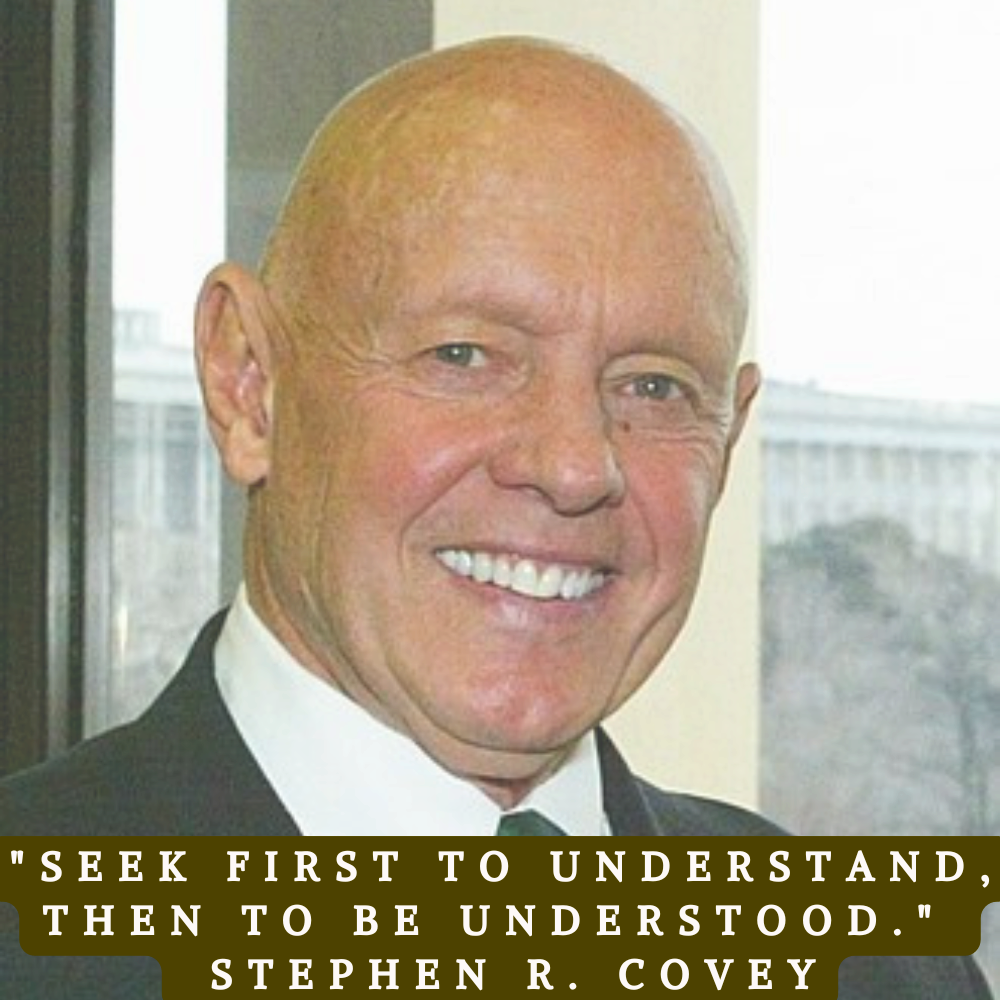Have you ever wondered why two people can experience the same event yet walk away with entirely different interpretations?
Perspective is how we view and make sense of the world around us. Perspective is vital to our lives and happiness because it determines our feelings and actions. In other words, it's not the situations in our lives that create our thoughts, emotions, and actions but our perspective of those situations.
Our perspectives are crafted from our many life experiences and considerations, including:
Upbringing and family dynamics
Cultural background and traditions
Religious or spiritual beliefs
Political ideologies
Gender identity and experiences
Socioeconomic status
Geographic location
Educational background
Each of these factors contributes to the unique way we interpret the world. An important aspect of perspective is how we interpret the world we see. Imagine you and your friend standing on a hill overlooking dilapidated houses and unkept surroundings with trash lining the streets. You see kids playing in the streets barefoot and kicking around a semi-deflated soccer ball. You interpret the extreme poverty these children face and say to your friend, "Can you believe this? It's so sad!" But your friend replies, "What do you mean? This is amazing!" Your friend explains, "It's amazing that those kids can still have fun and find joy even in such tough conditions. It's inspiring." You may have negative thoughts about the situation, but your friend may have positive ones. Again, it's not the situations we encounter that determine our feelings and actions but rather our perspective on those situations.
Ancient philosopher Epictetus said, "It's not what happens to you, but how you react to it that matters."
Another important aspect of perspective is assumptions. Your friend assumes the children are happy, while you assume they are unhappy. Our minds like to create certainty, so we consistently seek to formulate conclusions. We make assumptions about whether we believe the situation or people involved if they meet our expectations, etc. We make up a story to explain what we're seeing or experiencing. Then, we believe that our conclusion about the situation is fact and that it is reality. The thing is - we often need to correct our assumptions. Our perceived reality (assumption) frequently prompts negative emotions, which is not helpful to anyone involved. If our perceived reality (assumption) promotes positive emotions, then our perspectives more often benefit most people.
Choosing your perspective is one of the most powerful superpowers we have and one we probably have yet to use to its full capacity. Because our perspective shapes our reality, it influences how we feel, behave, and achieve results in life. Our perspective also includes what we see and how we understand what is in front of us. Knowing this, we can start challenging our assumptions and finding new ways to view life situations. This can potentially change our entire experience of a situation. This doesn't mean forcing ourselves to be happy about everything. Still, it helps to be open to different interpretations and discover if there is a positive way to view or experience something.
"The real voyage of discovery consists not in seeking new landscapes, but in having new eyes." - Marcel Proust.
If there is an option to find a positive view or optimistic perspective, it can help us seek solutions instead of negativity, sadness, or giving up. Next time you are in a situation and your perspective is negative, try asking some of these questions:
What is happening?
What am I assuming?
Is my view accurate?
How do I know?
What don't I know for sure?
Could someone else see this differently?
What other perspectives are possible?
The transformative power of perspective is boundless. A new perspective can turn adversity into opportunity, conflict into understanding, and dreams into reality. This realization can inspire and motivate you to explore new perspectives in your own life. Just as we grow and change, so do our perspectives. Perspective can also foster empathy and understanding in personal or professional relationships. We can build stronger connections and create a foundation of mutual respect by gaining deeper insight into one another's thoughts, feelings, and motivations.
As Stephen R. Covey said, "Seek first to understand, then to be understood."
Recently, I had a negative perspective about driving 1-2 hours round trip every day for school drop-off and pick-up. All that time in a car seemed like a time-consuming obligation. My perspective changed thanks to a dear friend's perspective that drive time is quality time with our kids. While I know time is precious, my viewpoint was initially negative, focusing on the drive obligation rather than the presence of time. Ironically, this quality time is what I specifically changed my work and home life for—quality time that I know goes by too fast, and we don't get it back. Now, I get this priceless drive time with my teen. We don't have to talk the entire time – sometimes, we don't talk at all. It's our presence together that is the gift of this time. My revised perspective changed my experience of the situation and gave me a more positive, constructive outlook.
Awareness of different perspectives influences our reality. We can educate ourselves on new perspectives, evolve, and adapt to new information and experiences. This can happen quickly or over many years, and it is something we can practice every day.
Ultimately, perspective is a tool that can lead to personal growth, a more profound connection with others, and greater fulfillment in life.





